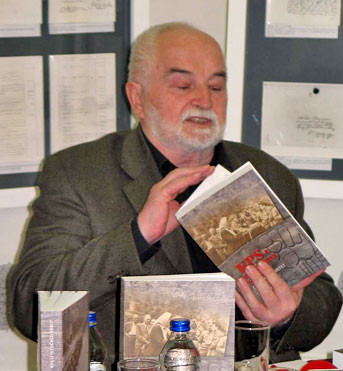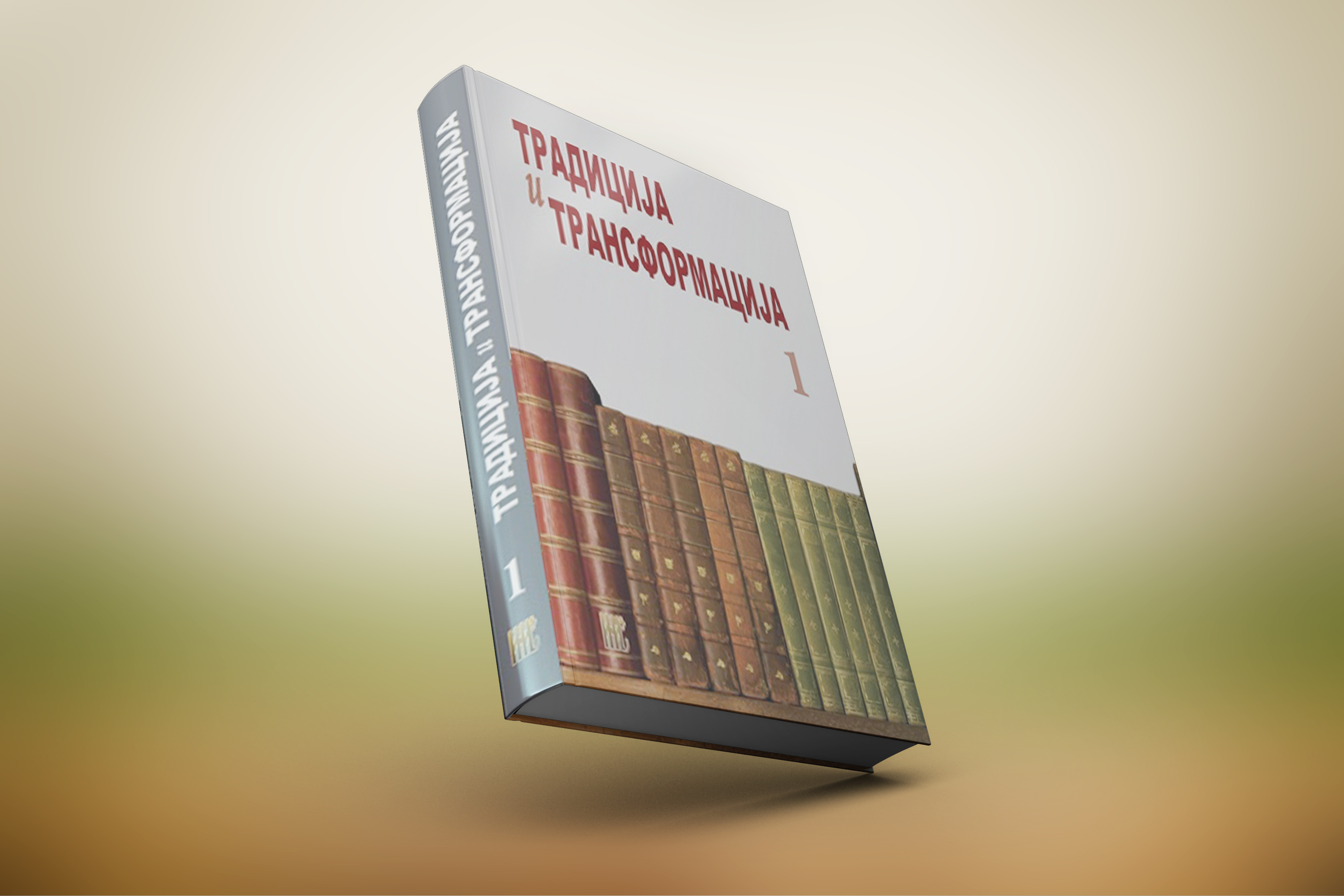
Tradition and Transformation. Historical Heritage and National Identity in Serbia in the 20th century
Tradition and Transformation. Historical Heritage and National Identity in Serbia in the 20th century III 47019 (Dr. Momčilo Mitrović)

The relationship between traditions and transformations and their impact on the construction of national identity were in the focus of research of humanities and social sciences in the last decades of the 20th century. The primary aim of the Project is to explain the historical phenomena impact on the formation of the Serbian national identity. This objective will be attained through interdisciplinary research of transformations of the Serbian social and economic structure. The key assumption of the Project is those traditions are not only conveying belts of national values but also they represent political and ideological constructions. At the same time, transformations were analysed not only as progressive social processes, but also as modes of the reaffirmation of the current practices, and even as regressive processes. The Project further develops a program and a plan for the protection of cultural heritage and its transformation into Serbia’s developmental resource through the process of education and digitalization of cultural and historical heritage. In view of the broadness of the thematic framework, interdisciplinary approach and the multi-layer nature of the studied issues, the Project is divided into three sub-projects: 1. Contexts and comparisons: Serbia, the Balkans, and Europe. 2. National Identity: Political, Social and Cultural Transformations. 3. Inheritance Strategies: Historical Heritage and its Protection.
On the completion of the project in the period 2010 ― 2019 participated researchers from the Institute for Recent History of Serbia, along with associates from the Department of Contemporary History and the Seminar of Museology and Heritology, Faculty of Philosophy in Belgrade.
The analyses included historical processes and intercultural change in multiple domains of humanities (political, diplomatic, economic, and social history, the culture of remembrance, identity studies, etc.). The concept of tradition and transformation enabled a critical examination of the structure of certain social groups (economic, political, religious, military, labor unions, minority, and intellectual) and understanding of their place in the modern social system. A core objective of the project, identifying the basis of social and political power and the dominant cultural patterns (patriarchal, authoritarian, democratic) and interpretation of the transformation of social practice in the previous historical development of Serbia/Yugoslavia is carried out with a critical review of the transfer of modern ideas and the transformation of social relations, but also by checking the current historiography knowledge on changing social structures of Serbia/Yugoslavia in the 20th century. Furthermore, the multifaceted phenomenon of national identity was perceived through the interaction of national traditions and transformations of social institutions and relations. To determine the direction and the degree of the transformation of society, it was necessary to identify, and mark the point of historical discontinuity, to analyse, compare and qualify the changes in each of the observed phenomena. The first part of the job belongs to historiography; though the analysis of marked changes and their consequences include other humanities to recognize the force of inertia that hinders a progressive transformation of society. The results of the research should contribute to the knowledge on the social trends and changes from the past, as well as on key factors influencing the development of space.
